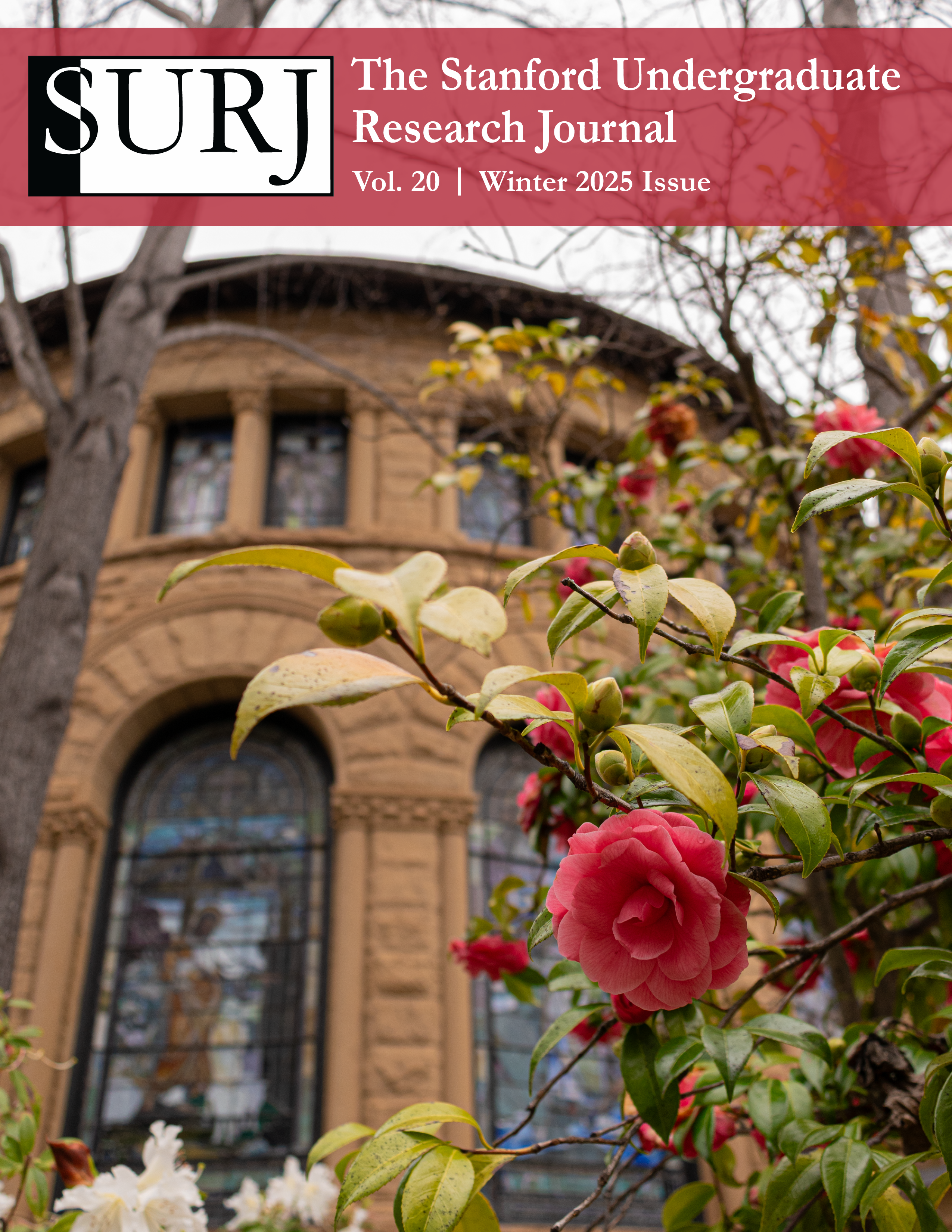Unraveling the Legacy: The Impact of Soviet-Era Political Violence on the Russo-Ukrainian Conflict
DOI:
https://doi.org/10.60690/nx0qj747Keywords:
Soviet Political Violence, Russo-Ukrainian Conflict, Russification, Ukrainian Nationalism, Far-right politics, NATO, GenocideAbstract
This paper attempts to answer the research question: To what extent has the ongoing Russo-Ukrainian conflict since 2014 been catalyzed by the legacy of political violence in the USSR under Bolshevik leaders like Lenin and Stalin? The research explores historical events, such as the Ukrainian-Soviet War, the Holodomor famine, and systemic Russification during the Stalin era, and how these have nurtured anti-Russian sentiment and far-right elements within Ukraine. Through historical analysis, this study identifies how the rejection of Ukrainian identity and the forced assimilation into a Soviet identity have contributed to the present-day conflict.Ultimately, the analysis argues that these historical grievances have fueled Ukraine's drive towards EU and NATO membership, exacerbating tensions with Russia and contributing to the escalation into all-out war. However, the paper also acknowledges the role of contemporary geopolitical factors, such as NATO expansion, in driving the conflict. The findings suggest that while Soviet-era political violence has played a significant role, modern dynamics and NATO activities are also to blame. The implications of this research underline the importance of forming inclusive alliances focused on providing security instead of posing threats, and adopting energy diversification strategies to prevent dependency on a single source in case of conflict.
Downloads
Published
Versions
- 2025-03-14 (3)
- 2025-03-14 (2)
- 2025-03-14 (1)


